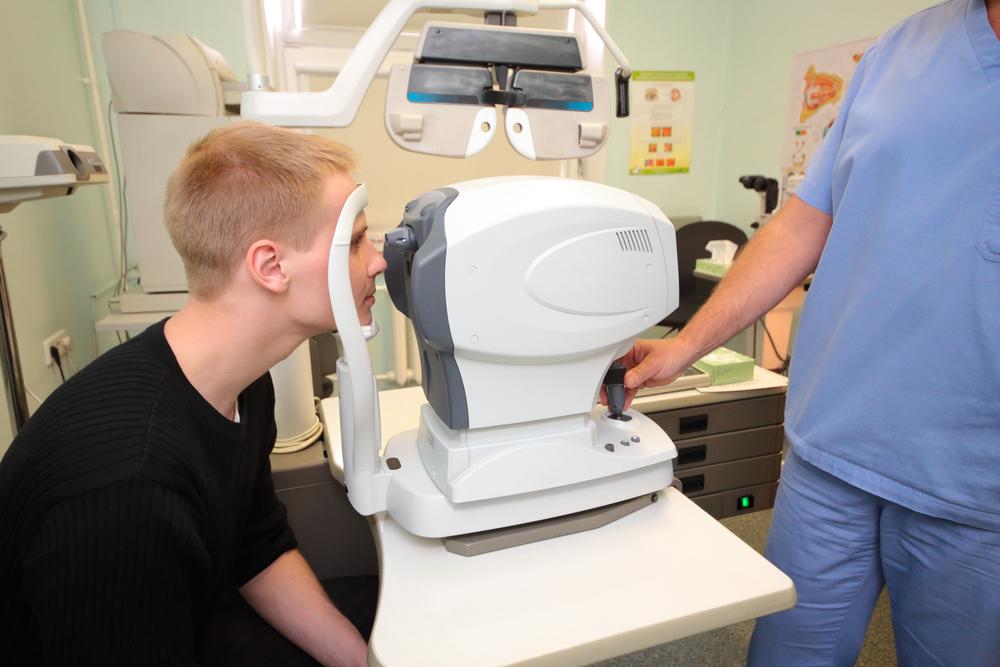Seven common symptoms of cataracts
Cataracts are cloudy layers that form in the lens of the eye. It is caused when the proteins in the eyes thicken that disrupts the lens from transmitting a clear image to the retina. Usually, most cataracts develop gradually; therefore, you can’t discern its effects right away. Mostly, this condition is common among elderly individuals. In its initial stage, cataracts can be managed with the help of adequate lighting and spectacles. However, eventually, it will tend to interfere with your routine activities. Although, the good part is that you can opt for a surgery which effectively corrects the vision.
Symptoms of cataracts
Cataracts, in its early stages, could be a difficult to diagnose as they start small and progress slowly.

- Cloudiness – Your vision might seem a little blurry and cloudy, and this sign could intensify with time. As a result, you could increasingly find it difficult to manage everyday tasks.
- Diminished night vision – Cataracts can lead to poor night vision because of which you can’t spot subtle things in the background. So, during nighttime, it could become extremely problematic for you to drive or move around without switching on the lights.
- Need new eyeglasses again – If you have continually purchased a new pair of glasses in every few months, chances are you could have a cataract or another eye condition.
Primarily, cataract is a consequence of aging, but it could affect young individuals as well. These additional causes include exposure to UV radiation or radiation from X-rays or chemotherapy, obesity, diabetes, continual use of steroid medications, traumatic injuries to the eyes, excessive smoking or drinking, genetics, etc.
Cataracts can’t be prevented, but they can be corrected with surgery and managed by making some conscious changes in your lifestyle. For instance, if the cause of cataracts is diabetes then you should follow a healthy diet which can help control your blood sugar.

